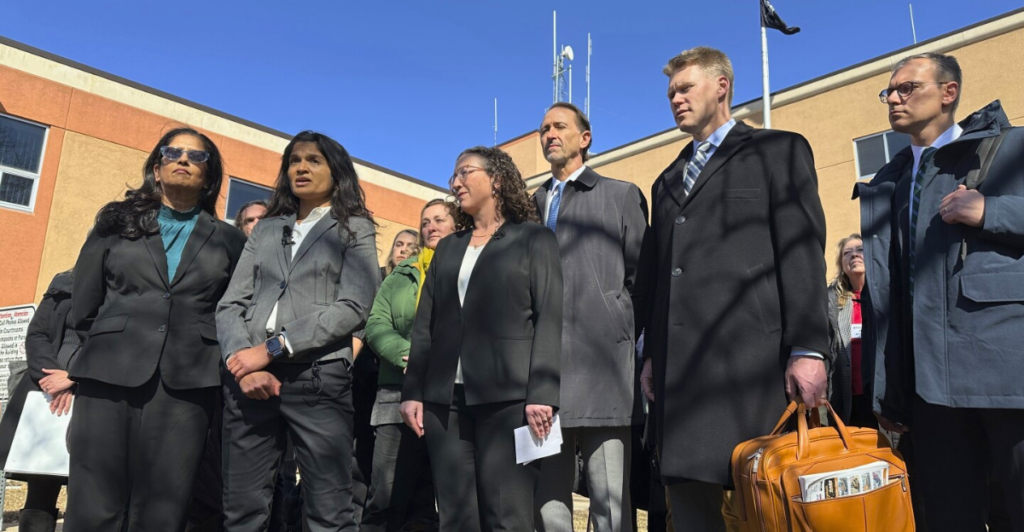
A recent verdict in North Dakota has shaken the environmental community after a jury ruled in favor of Energy Transfer, the company behind the Dakota Access Pipeline, in a significant lawsuit against Greenpeace. It was revealed that the environmental organization was found guilty of defamation and other claims, which resulted in a massive damages award of over $660 million. This is a major legal blow for Greenpeace and raises serious concerns about the future of environmental activism and free speech in the U.S.
The Dakota Access Pipeline Protests
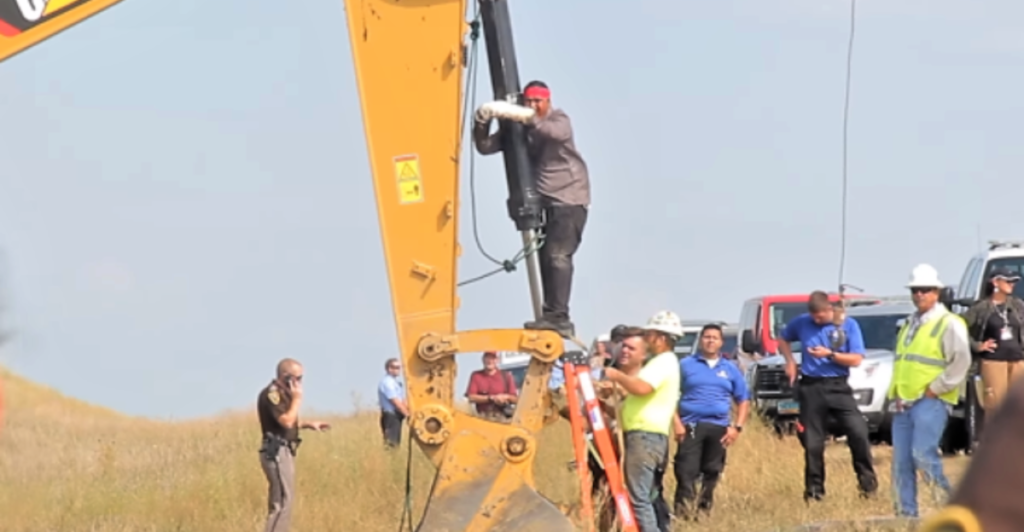
In 2016, The Dakota Access Pipeline protests began. They gained national attention after thousands of activists, including indigenous leaders from the Standing Rock Sioux Tribe, came together to fight against the pipeline’s construction. The tribe argued that the pipeline threatened their water supply and sacred lands and claimed that they were not properly consulted during the planning stages. Energy Transfer accused Greenpeace of conducting a campaign to stop the pipeline’s construction, stating that the organization funded protests and spread false rumors about the project.
Energy Transfer’s Claims Against Greenpeace
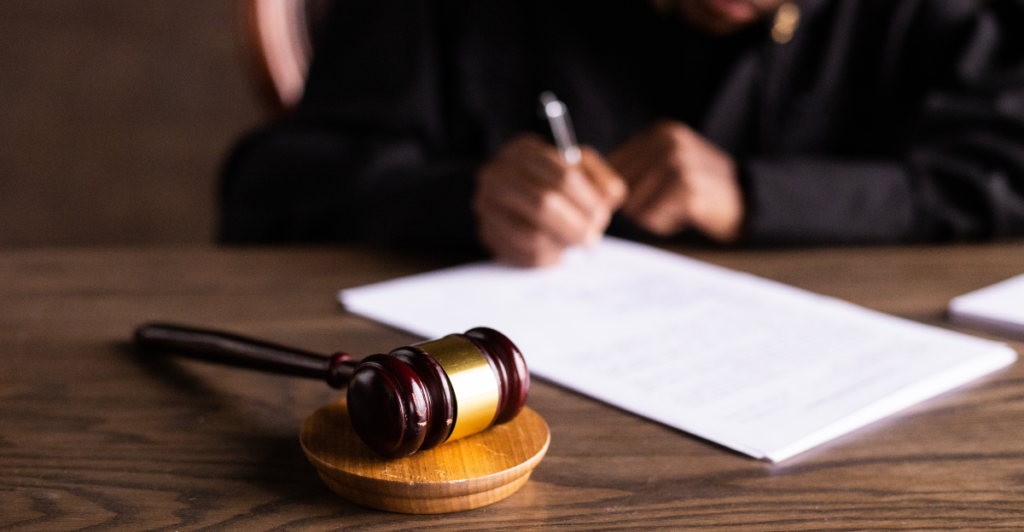
Energy Transfer’s lawsuit stated that Greenpeace engaged in defamation, trespassing, nuisance, civil conspiracy, and many other offenses during the protests. They stated that their actions resulted in massive financial damages and that the construction was delayed. Trey Cox, Energy Transfer’s attorney, argued that Greenpeace exploited a local issue to promote its own agenda and to inflict financial harm on the company.
Greenpeace’s Defense
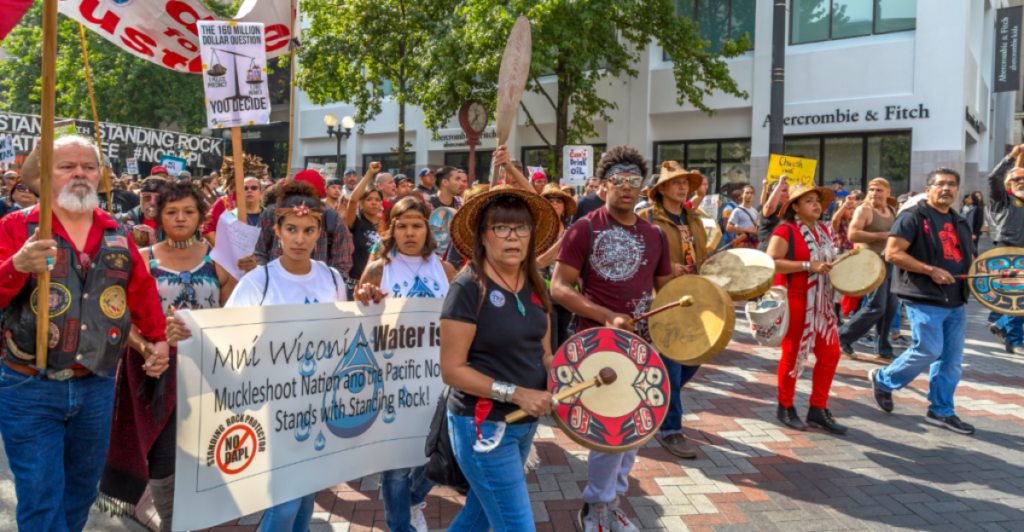
However, Greenpeace said that its involvement in the protest was minimal and that it did not lead the demonstrations. The organization stated that local Indigenous leaders were the main force behind the protests, while Greenpeace focused on showing solidarity. Greenpeace also described the lawsuit as a Strategic Lawsuit Against Public Participation (SLAPP), which is intended to intimidate and suppress environmental activism.
The Trial and Verdict

The trial happened in Mandan, North Dakota, close to the site of the protests. It lasted for three weeks, and the nine-member jury deliberated for about two days before they reached their verdict. They found Greenpeace liable for the majority of the damages claimed by Energy Transfer, which totaled over $660 million. This amount far exceeded the initial damages estimate of around $300 million.
Implications for Greenpeace
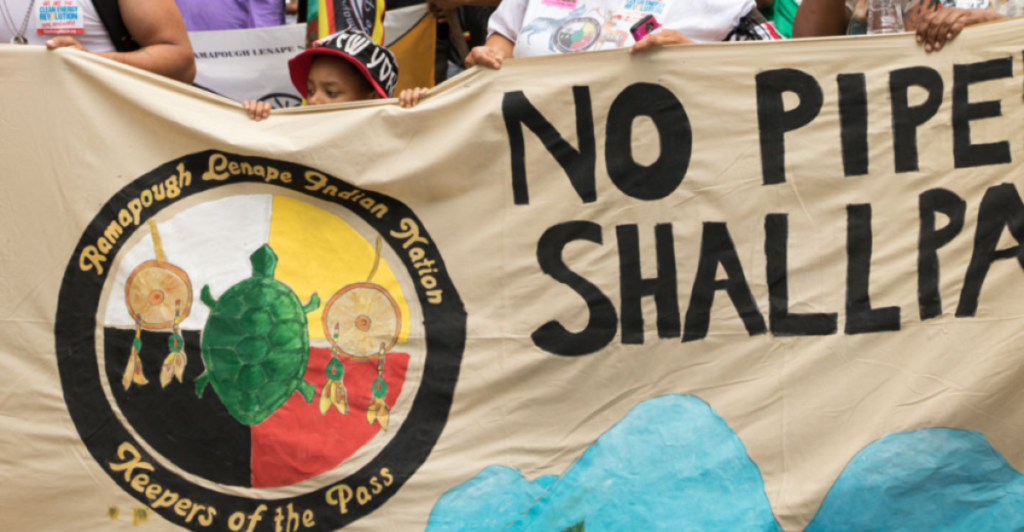
This verdict has posed a massive threat to Greenpeace’s operations in the United States. The organization is concerned that such a massive financial penalty could result in bankruptcy and potentially end decades of environmental advocacy in the U.S. Greenpeace has announced that they have plans to appeal the decision.
Concerns Over Free Speech and Activism
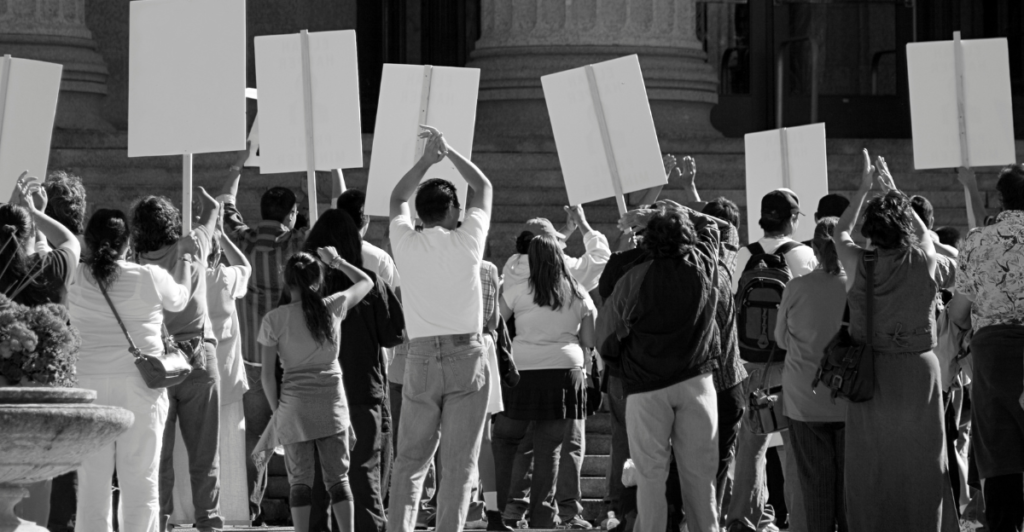
This ruling has raised concerns among civil rights and environmental organizations regarding its potential impact on free speech and the right to peaceful protest. Critics are saying that the verdict could discourage activism by setting a precedent where corporations might use lawsuits to silence opposing opinions or actions. Greenpeace and other organizations have warned that these legal actions threaten the First Amendment rights of individuals and groups to express their views and engage in public debate.
Strategic Lawsuits Against Public Participation (SLAPPs)
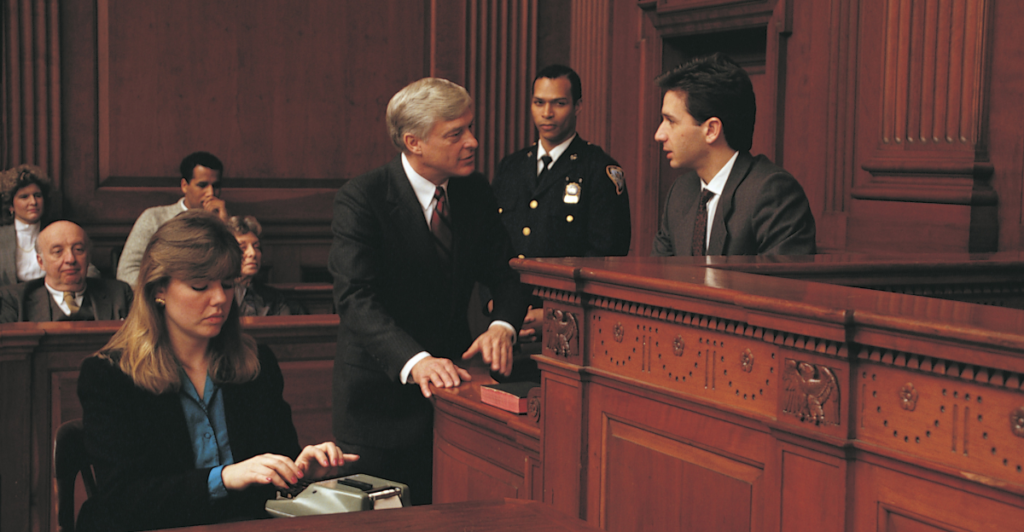
Greenpeace has characterized the lawsuit as a prime example of a SLAPP, which is a legal tactic used to burden activist organizations with excessive legal costs and deter public participation. The use of SLAPPs is a growing concern in the U.S., as they can silence opposition by imposing significant financial burdens on defendants.
International Reactions and Counteractions
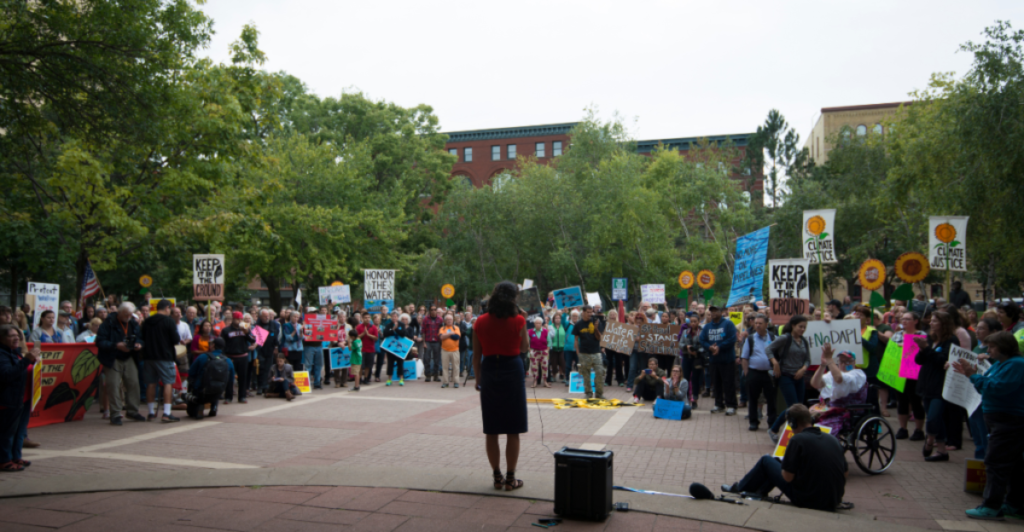
In response to the verdict, Greenpeace has initiated a counter-lawsuit against Energy Transfer in the Netherlands, referencing European Union regulations that oppose SLAPP lawsuits. The organization is determined to fight back against what it perceives as an attempt to suppress dissent. The international community has shown support for Greenpeace, with activists in other countries expressing solidarity and concern over the implications of the verdict.
Future of Environmental Activism
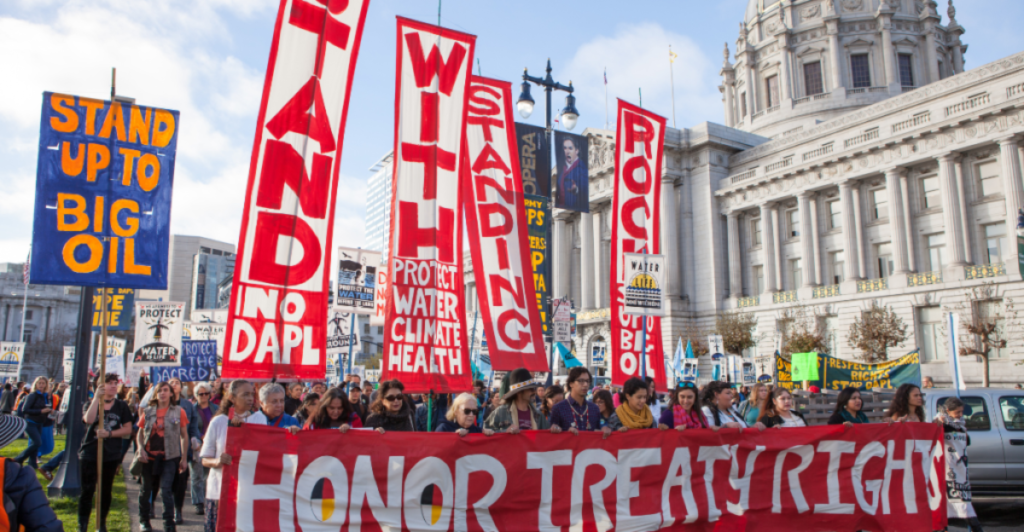
The verdict has significant implications for the future of environmental activism. If upheld, it could set a precedent where corporations can use legal actions to deter protests and silence environmental groups. This raises questions about the balance between corporate interests and the rights of citizens to engage in peaceful protest and advocate for environmental causes.
Next Steps
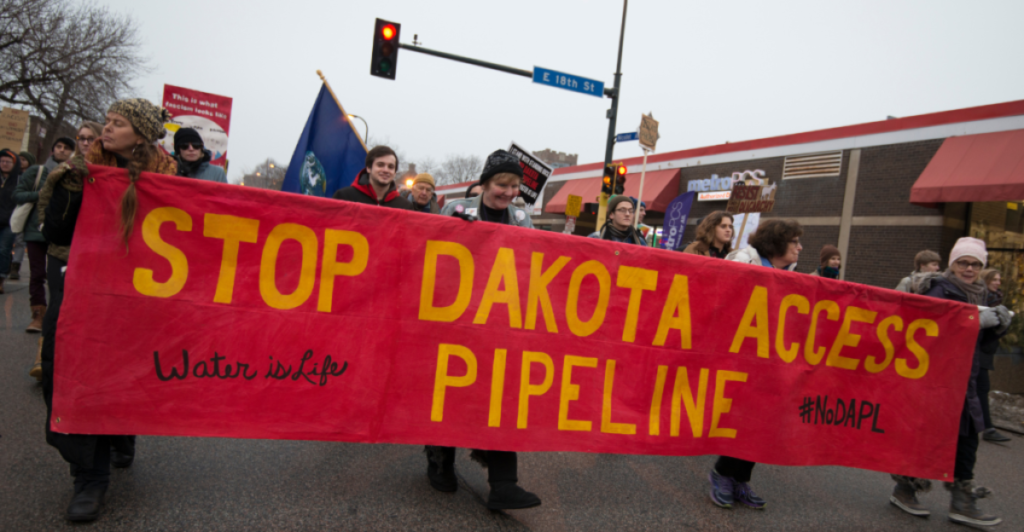
As Greenpeace prepares to appeal the verdict, the organization remains committed to its mission of environmental advocacy. The appeal process will likely involve challenging the jury’s decision on several grounds, including the fairness of the trial and the application of First Amendment protections.
Explore more of our trending stories and hit Follow to keep them coming to your feed!

Don’t miss out on more stories like this! Hit the Follow button at the top of this article to stay updated with the latest news. Share your thoughts in the comments—we’d love to hear from you!







